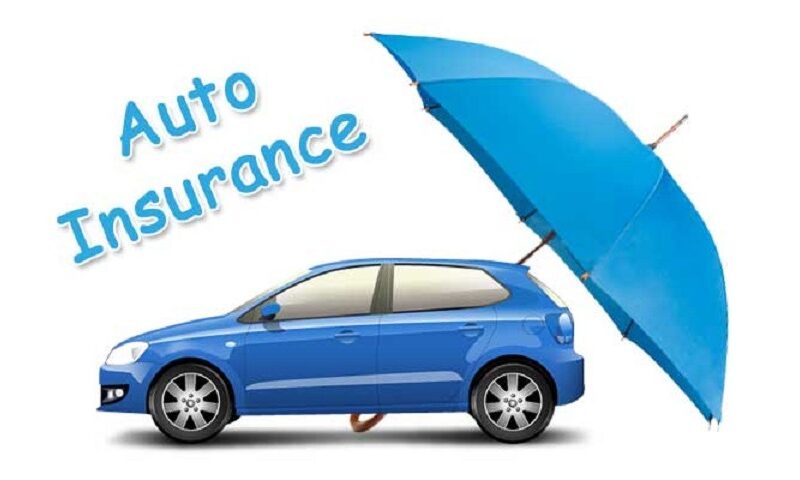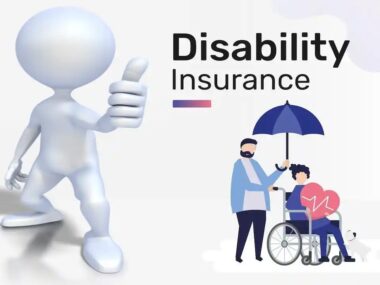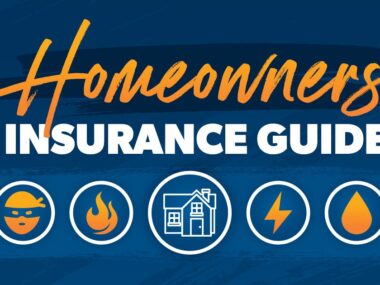Auto insurance is a crucial safeguard that protects drivers from the financial repercussions of accidents, theft and other unexpected incidents involving their vehicles. It operates as a contract between the driver and the insurance company, where the driver pays a regular premium in exchange for coverage that kicks in when certain conditions are met.
Whether it’s a minor fender bender or a major collision, auto insurance ensures that the costs associated with vehicle repairs, medical bills and legal liabilities are not solely the driver’s responsibility. This coverage is not just a legal requirement in many places but also a financial safety net that helps manage the often overwhelming expenses that come with owning and operating a vehicle.
In the world of auto insurance, there are various types of policies designed to meet different needs and risks. From basic liability insurance, which covers damages you cause to others, to comprehensive coverage that protects against non-collision-related damages like theft or natural disasters, the options are diverse.
Choosing the right type of auto insurance depends on factors such as the value of your car, your driving habits and your financial situation. Understanding these options and how they work is essential for any driver looking to protect their investment and ensure peace of mind on the road.
Types of Auto Insurance
Understanding the different types of auto insurance can help you choose the right policy for your needs. Here’s a breakdown of the primary types:
1. Liability Insurance
Liability insurance is typically mandatory and covers damages to others if you’re at fault in an accident. This includes both bodily injury and property damage. It doesn’t cover your own vehicle or medical expenses.
- Bodily Injury Liability: Covers medical expenses, lost wages and legal fees if you injure someone in an accident.
- Property Damage Liability: Covers repairs or replacement costs for property damaged in an accident that you caused.
2. Collision Insurance
Collision insurance helps pay for repairs to your own vehicle if it’s damaged in a collision, regardless of who is at fault. It’s particularly valuable if you have a new or high-value car.
3. Comprehensive Insurance
Comprehensive insurance covers damage to your car that isn’t caused by a collision. This includes incidents like theft, vandalism, natural disasters and hitting an animal.
4. Personal Injury Protection (PIP)
Personal Injury Protection or PIP, provides coverage for medical expenses, lost wages and other related costs for you and your passengers, regardless of who caused the accident. It’s essential in no-fault states where each driver’s insurance covers their own injuries.
5. Uninsured/Underinsured Motorist Coverage
This type of coverage protects you if you’re involved in an accident with someone who either doesn’t have insurance or doesn’t have enough coverage to pay for your damages.
6. Gap Insurance
Gap insurance covers the difference between what you owe on your vehicle and its actual cash value if it’s totaled in an accident. This is particularly useful if you have a loan or lease on your car.
How Auto Insurance Works
Auto insurance operates on the principle of risk pooling. You pay premiums to the insurance company, which pools this money with that of other policyholders. In return, the insurance company provides financial assistance when you need it, based on the type of coverage you have.
Here’s a basic rundown of how it works:
- Paying Premiums: You pay a monthly or annual premium to maintain your coverage. Premiums are based on various factors, including your driving history, the type of car you drive and your location.
- Filing a Claim: If you’re involved in an accident or experience damage, you file a claim with your insurance company. You’ll provide details about the incident and the company will review and investigate the claim.
- Claim Assessment: The insurance company assesses the damage and determines the amount they will pay based on your policy limits and deductibles. Deductibles are the amount you pay out-of-pocket before your insurance coverage kicks in.
- Payment: Once the claim is approved, the insurance company pays for the repairs or damages according to your coverage. If the damage exceeds your policy limits, you’ll be responsible for the additional costs.
Top Auto Insurance Companies
When choosing an auto insurance provider, it’s crucial to consider both cost and service quality. Here are some of the top companies known for their comprehensive auto insurance offerings:
1. State Farm
State Farm is one of the largest auto insurance providers in the U.S., known for its extensive network of agents and competitive rates. They offer a wide range of coverage options, including liability, collision and comprehensive insurance.
2. Geico
Geico is famous for its affordable premiums and user-friendly online services. They offer various discounts and customizable coverage options, making them a popular choice for many drivers.
3. Progressive
Progressive is known for its innovative tools, like the Snapshot program, which tracks your driving habits to potentially lower your premium. They offer a broad range of coverage options, including gap insurance.
4. Allstate
Allstate provides comprehensive coverage options with a focus on customer service and support. They offer several discount programs and a user-friendly mobile app for managing your policy.
5. USAA
USAA is highly regarded for its exceptional service and competitive rates, but it’s only available to military members, veterans and their families. They offer a range of coverage options and are known for their outstanding customer satisfaction.
Advantages of Auto Insurance
Having auto insurance offers several key advantages:
1. Financial Protection
Auto insurance provides financial protection against the high costs associated with vehicle damage, injuries and legal fees. Without insurance, these expenses could be overwhelming.
2. Legal Compliance
In many regions, having auto insurance is a legal requirement. Driving without insurance can result in fines, license suspension or even legal action.
3. Peace of Mind
Knowing you’re protected in case of an accident or theft can provide significant peace of mind. It alleviates the stress of dealing with unexpected costs and potential legal issues.
4. Coverage for Different Situations
Auto insurance covers a variety of scenarios, from collisions to natural disasters. This versatility ensures that you’re protected in many different situations.
Disadvantages of Auto Insurance
While auto insurance offers numerous benefits, it’s not without its downsides:
1. Cost
Premiums can be expensive, especially for high-risk drivers or those with high-value vehicles. The cost can be a burden, particularly if you’re on a tight budget.
2. Deductibles
Deductibles are the amount you pay out-of-pocket before your insurance covers the rest. High deductibles can be financially challenging in the event of an accident.
3. Complexity
Auto insurance policies can be complex, with varying coverage options, limits and exclusions. Understanding the details of your policy can be overwhelming for some drivers.
4. Premium Increases
Insurance premiums can increase due to factors like traffic violations, accidents or changes in your driving history. This can result in higher costs over time.
What You Need to Know
When choosing an auto insurance policy, keep these key points in mind:
1. Assess Your Needs
Consider your driving habits, the value of your vehicle and your financial situation when selecting coverage. For instance, if you drive a new car, comprehensive and collision coverage might be worthwhile.
2. Compare Quotes
Different insurance companies offer varying rates for the same coverage. It’s essential to compare quotes from multiple providers to find the best deal for your needs.
3. Understand Your Policy
Read your policy thoroughly to understand what is and isn’t covered. Pay attention to exclusions, limits and deductibles to avoid surprises when you need to file a claim.
4. Look for Discounts
Many insurance companies offer discounts for safe driving, bundling multiple policies or having certain safety features in your vehicle. Be sure to inquire about available discounts.
5. Review Your Coverage Regularly
Your insurance needs may change over time due to factors like purchasing a new vehicle or moving to a new location. Regularly reviewing your coverage ensures that it continues to meet your needs.
Auto insurance is more than just a legal requirement; it’s a vital tool for managing risks and protecting your financial well-being. By understanding the types of coverage available, how auto insurance works and what to consider when choosing a policy, you can make informed decisions that best suit your needs. Whether you’re looking for comprehensive protection or simply want to meet the minimum legal requirements, having the right auto insurance can provide invaluable peace of mind on the road.





